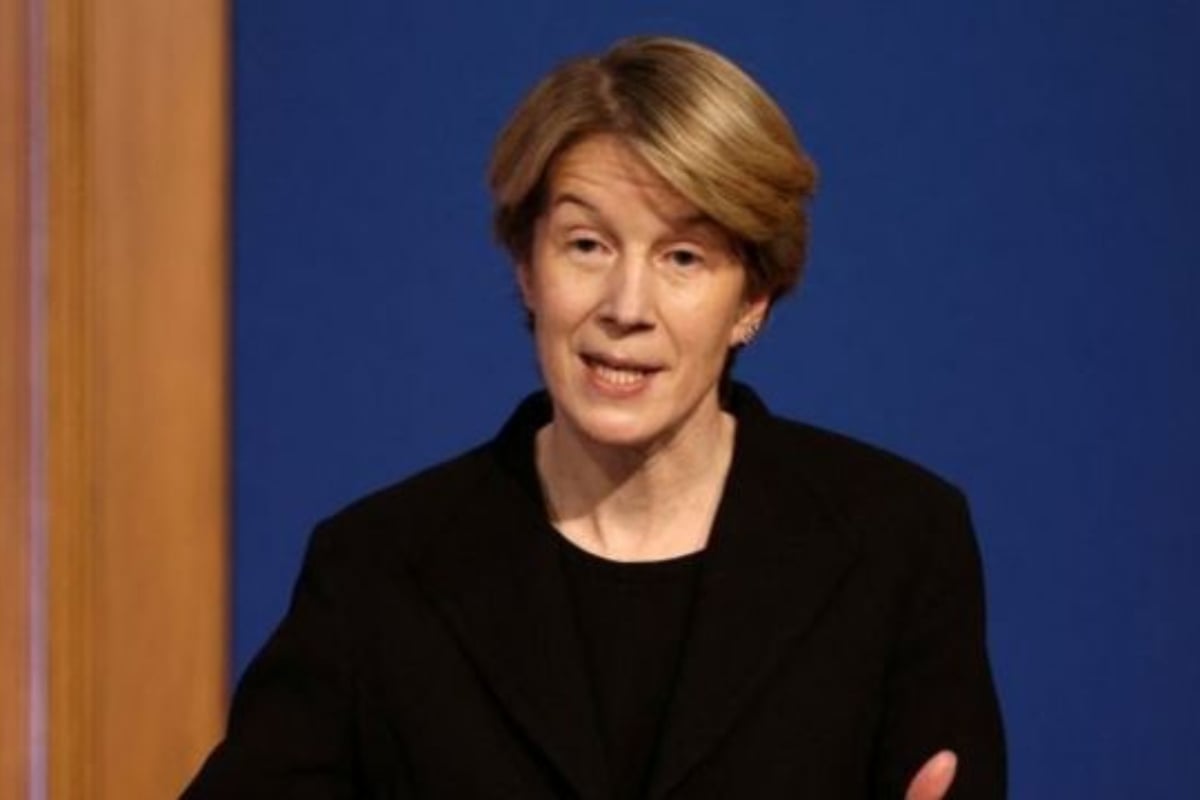NHS recruits far too many foreign workers
Too many foreigners are being hired by the UK for positions in...

More strikes make workload more challenging, says NHS England
Health workers’ strikes are making it “very complex” to manage workloads, NHS England‘s top executive has said.
According to Amanda Pritchard, the protracted strike is “obviously having an impact.”
However, she asserted that everyone involved is “working to try to reach a settlement”.
This week, nurses in England went on strike, and in February and March, ambulance workers in England, Wales, and Northern Ireland are planning more strike days.
Ambulance employees provided emergency coverage throughout the strikes at the end of last year and at the beginning of this month, but routine care was impacted.
Additionally, this week’s nurses’ strikes in England forced the cancellation of thousands of NHS procedures and appointments.
NHS England said that 27,800 appointments, including 5,000 procedures and treatments, had to be postponed during the two days of the strike.
In order to prevent escalating the pay controversy, NHS leaders have maintained a low profile in this issue.
All parties, according to Amanda Pritchard, desire an end to the strikes, but she made it plain that these costs are rising.
Local union representatives and management must have lengthy conversations before each day of action to decide which services will and won’t be covered.
These require time and serve as a diversion from the already difficult task of managing the NHS under constant stress.
As Ms. Pritchard mentions, a challenge is made even more difficult by a sequence of strikes with little opportunity for recovery in between.
Catch all the Business News, Breaking News Event and Latest News Updates on The BOL News
Download The BOL News App to get the Daily News Update & Live News.